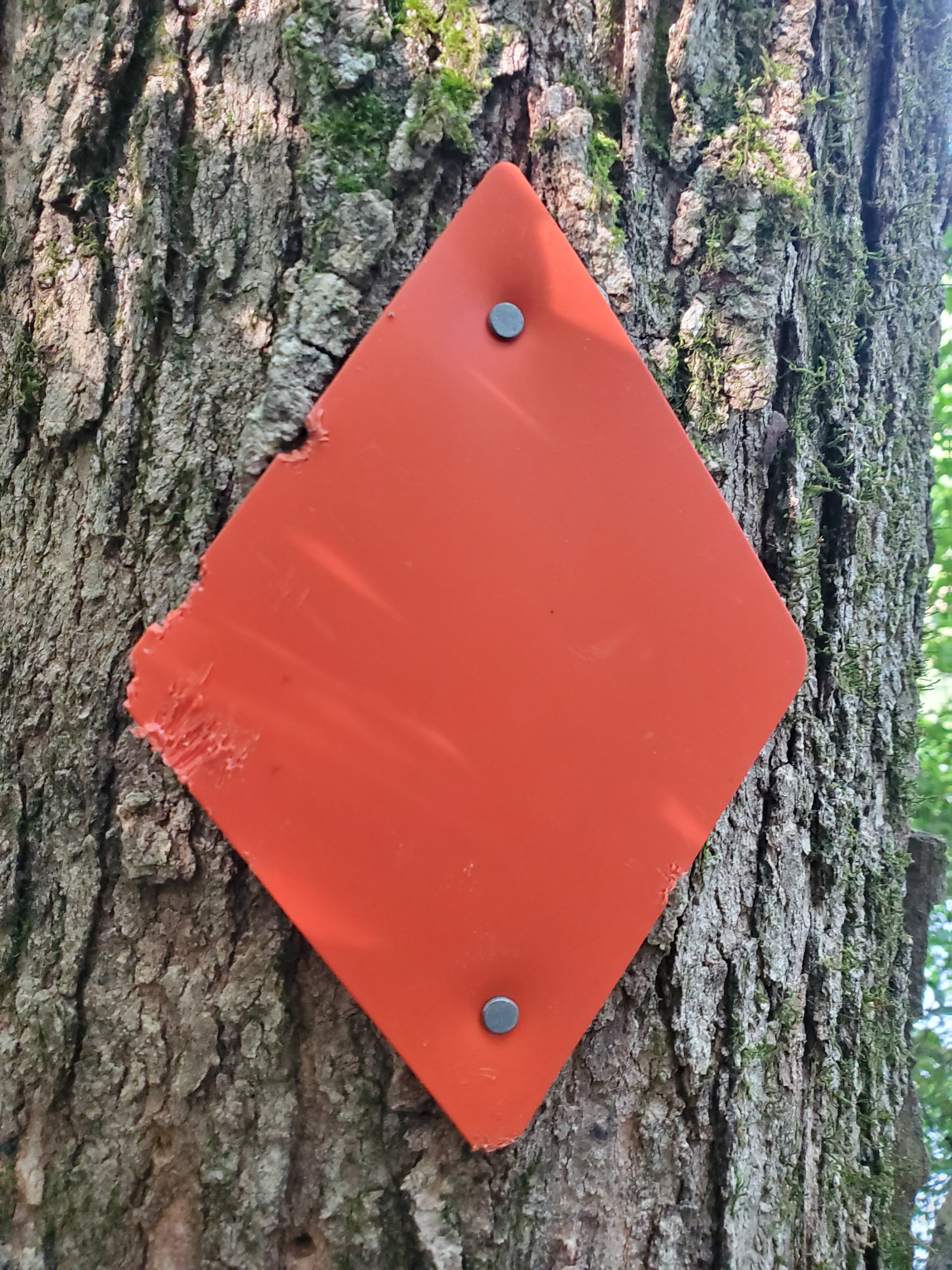I’m always a little torn on this. Generally, I absolutely agree, and I admire people who say “I don’t think I know the full story so I’m not sure”. And I try to preface my own uninformed opinions with said uninformedness. But there’s two ways to misinterpret this.
There’s people who think only “experts” should have opinions and nobody else is allowed to have one, a dangerously elitist view. Don’t get me wrong, we shoukd absolutely listen to the “experts”, but we should still form opinions. This view can be used to silence other opinions, especially from those who have lesser access to education.
The other perversion of this is that it can be used as an excuse not to care. Especially in Germany I’ve heard this as an excuse, after October 7th many people claimed it was wrong to even have an opinion on Israel/Palestine since you would have to have lived there to really understand, since it was all so complex and difficult. Anybody who had a clear opinion on it wclearly had no idea. However this rhetoric just enables the status quo (i.e. giving weapons to Israel), and prevents meaningful exchange of ideas.
It’s simple: you are allowed to have opinions on things you are not very well informed about. Even if it’s wrong. What matters is being open to changing your opinion when presented with information you did not have.
Also the OP stance is specially ridiculous when applied to things that fall under the social “sciences”, since so much of it is just actual opinions that get passed of as facts through the power of citing other opinions.
I agree with this. Along with being open to changing your opinion is understanding that in topics you aren’t an expert in, you don’t even know how much you don’t understand.
This is the way
Normalise hating ai slop
How about normalizing being informed?
This post isn’t saying you shouldn’t be informed. It’s just saying you don’t have to have an opinion on things you aren’t yet informed about.
My brother-in-law is “informed” about a lot of things, like vaccine skepticism, weather machines, and how arsenic in regular rice will turn his fingernails black. I’m the one that needs to do the research, so I’ve been told.
I got a hell of a lot smarter when I learned to be vulnerable in this way. I was a “gifted kid” in school and had built most of my identity around being smart, so it was a lot of work, but hugely worth it
s l o p
I guess I can’t have any opinions then.
I would genuinely have a lot more respect for someone who admits to not knowing anything and asks a lot of questions, than some blowhard who thinks they know everything about even one topic.
“I’m smart enough to know just how stupid I am.”
I also wish to learn.
The problem it that people don’t acknowledge their ignorance not because they didn’t realized it was an option, but because they think they know everything. And if you acknowledge your own ognorace in front of them, they take it to mean that they are superior and will mansplain everything
Once I said I do not know how cancer forms, my boss went off to tell me how it was because of the lack of oxygen so the mask we wore for covid was causing us all cancer. Fucking clown
That’s when I nod and fade away.
I said “if that were true then scubba divers would have the highest rate of cancer ever” and he failed to understand my point. Only then I realized that I was talking with someone unwilling to listen
For those clowns I used to ask, “How the hell doctor’s and nurses still alive?! And if a mask makes no difference in germ transference why have medical professionals worn them for a century?!”
I think that’s sometimes true, but mostly there’s just a lot of vibes based people going around. Proof won’t change their minds, pointing out contradictions won’t change their mind, they just feel a way about an idea
And those people are almost the opposite - they’re often not confident in their own judgement. They fall back to the default human behavior - to take a position relative what they perceive to be the group consensus
I’m a fan of strong opinions weakly held. You should always have an opinion and it’s ok for it to be wrong if you’re willing to change it as you learn.
In my experience it’s extremely liberating to withhold judgement sometimes, especially when it’s not needed.
It’s kind of a prerequisite for growing up into roles of responsibility.
You simply don’t get far in terms of business, climbing career ladders, being thought of as reliable and being someone trusted if you react without thinking. I mean, yah there are companies run by morons who conflate loud stupidity for confidence, but largely most of the time if you make yourself available to handle responsibility by proving you won’t attack someone’s character or dismiss someone out of hand or act annoyingly confident about things you don’t know anything about, you will become the “go to” person to handle things.
Just being someone who asks other people a lot of questions makes you likeable and people will choose to want to be around you because they rather tell you about themselves or things they know than be lectured.
What makes the opinion strong, then?
You take a stance fully, like “McDonald’s is the best food ever” the weakly held part is changing when you try literally any other food.
That seems like hubris and foolishness. Like, if you know you have limited experience with food saying the one you’ve tried is the best of all seems unlikely to be true. Maybe this is a bad example?
Yes, it’s absurd intentionally to avoid discussions of the merits of the opinion. The goal was to focus on the method of establishing a strong opinion and changing based on new learning or evidence.
That sounds like a hassle, and leads to being wrong most of the time, doesn’t it? Most often the answer to any question is some form of “it depends”…
Yes you’ll be wrong a lot, but that’s not a bad thing. The constant process of using existing knowledge to form an opinion and then updating as you get more information leads to being wrong less often. It’s also basically the scientific method.
It depends on the decisions you take based on those opinions. For me a strong opinion is one based on a lot of data, that is unlikely to change. Otherwise you compromise, hedge or do some amount of risk management.
evidence based logic and reasoning.
Then why would hold it “weakly”? I’m not sure I understand the concept…
new evidence
New logic too?
if applicable.
It’s okay to have an opinion on things you don’t know a lot about. But it’s stupid to hold on to that opinion if you learn it is based on something that is wrong.
Based on prices online this person spent anywhere from $70-350 (not including helium) for this sassy pic
or it’s generated…

ah right, the future sucks
Every time I see a slightly distorted AI person I like to think they’re real and actually look like that.
As others have said, the problem is when people refuse to acknowledge new information or admit imperfection.
You don’t even need to fully admit fault in the moment. If someone provides some contradictory information, you can go “Oh, that’s new to me. I’ll have to read about it.”
But the problem is people (all of us, to some extent) are emotionally invested in this. Admitting being wrong or imperfect feels like an attack on our security. You have to let that go. No one’s going to hurt you if you admit you forgot the capital of NJ. You don’t have to fight and try to change the argument to “well it should be Princeton” so you can avoid feeling wrong.
I take pride in admitting when I realize I’m wrong, and I respect people who you can show proof and flip on the spot
Um, no.
There is no such thing as “properly informed”.
Just understand an opinion isn’t truth or fact. Form and reform them at will and often.
In my opinion, only edgy 14 year olds would say things like this. There’s no way to not have an opinion on everything. I hate LLMs.
Written like an edgy 14 year old?
I thought I understood PKI technology. I studied, was a consultant.
Then I met some engineers at cloudflare and realized I was an ignorant buffoon. It’s a long fall down the ego well.
Fuck that. It’s pretty funny throwing out crazy opinions.
Try some mustard on a Boston Cream donut. Yum!










